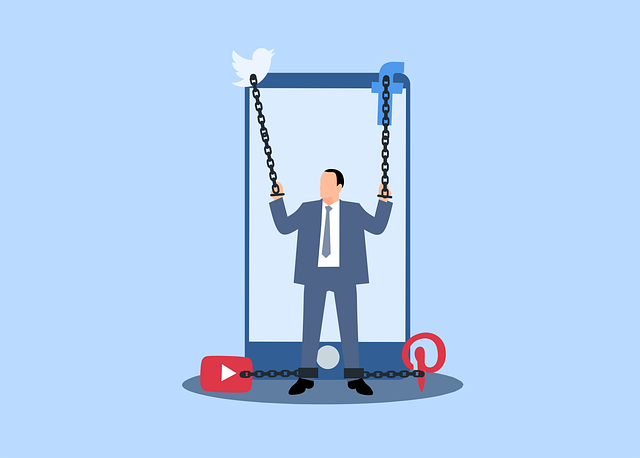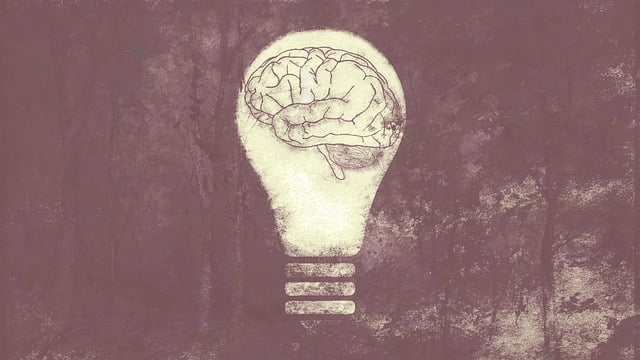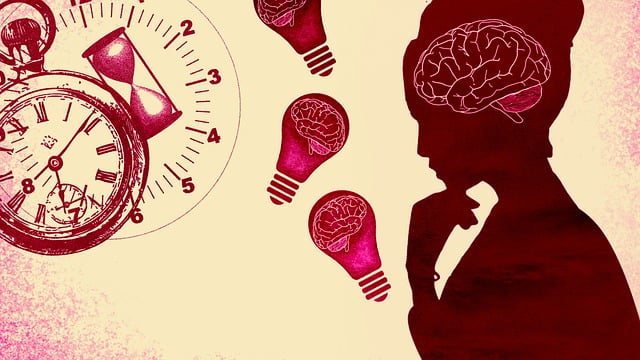Mental health psychotherapy offers a safe space for families to improve communication and resolve conflicts through techniques like reframing and active listening. Skilled therapists guide families in strengthening relationships, setting boundaries, and developing problem-solving skills using evidence-based practices such as structural family therapy and solution-focused brief therapy (SFBT). Accessing affordable services from community health centres, government websites, or online platforms enables families to prioritize their mental wellbeing and achieve healthier dynamics.
Family psychotherapy is a transformative approach to mental health, focusing on the intricate dynamics of family relationships. This holistic practice aims to strengthen bonds, improve communication, and resolve conflicts within families. Through collaborative sessions, therapists facilitate understanding and growth, addressing issues that impact overall well-being. From improving parent-child connections to fostering healthier sibling dynamics, family psychotherapy offers a supportive environment for positive change, enhancing the resilience and happiness of all members.
Understanding Family Psychotherapy: A Holistic Approach to Mental Health

Family psychotherapy is a holistic approach to addressing and improving mental health within families. It recognizes that each family member is interconnected and that their interactions, dynamics, and experiences collectively shape their emotional well-being. Unlike traditional individual therapy, this therapeutic model involves all family members in sessions, fostering open communication and collaborative problem-solving. By understanding the unique family tapestry, therapists can help identify patterns, resolve conflicts, and enhance relationships.
This approach aims to strengthen family bonds, improve communication, and promote healthy coping mechanisms. It addresses not only individual mental health concerns but also the systemic issues that may be contributing to or exacerbating them. Through a nurturing and supportive environment, family psychotherapy enables each member to express their feelings, understand one another’s perspectives, and develop more effective ways of navigating life’s challenges together.
The Role of a Therapist in Family Sessions

In family psychotherapy sessions, the therapist acts as a neutral facilitator and guide, creating a safe and supportive environment for open communication. They facilitate active listening among all family members, helping each individual express their thoughts, feelings, and concerns freely. Through strategic techniques like reframing, the therapist supports the family in understanding different perspectives and resolving conflicts constructively. By fostering better emotional connections, the therapist aids in building healthier relationships within the family dynamic.
The role of the therapist goes beyond just moderating conversations; they also provide valuable insights based on their expertise in mental health psychotherapy. They identify underlying issues, offer evidence-based strategies for coping with challenges, and help the family develop effective problem-solving skills. This process empowers the family to navigate personal growth, relationship strengthening, and overall improved mental well-being.
Common Issues Addressed through Family Psychotherapy

Family psychotherapy is a powerful tool for addressing a wide range of common issues that affect mental health within families. Some of the primary concerns often tackled through this approach include communication breakdown, conflict resolution, and relationship dynamics. When family members struggle with understanding each other or expressing their needs, feelings, and thoughts effectively, it can lead to tension and even more severe mental health challenges.
Psychotherapists skilled in family dynamics can help families navigate complex relationships, improve communication patterns, and resolve conflicts peacefully. This process involves creating a safe and supportive environment where each member feels heard and respected. By addressing underlying issues and promoting healthier interactions, family psychotherapy aims to strengthen bonds, enhance emotional well-being, and foster positive mental health outcomes for all involved.
Benefits for Family Dynamics and Communication

Family psychotherapy offers a range of benefits that can significantly improve family dynamics and communication. By addressing issues within the family system, this therapeutic approach helps to foster healthier relationships and more effective communication channels. Through sessions with a trained mental health psychotherapist, families can learn to resolve conflicts constructively, strengthen bonds, and develop better understanding of each other’s perspectives.
This process encourages open dialogue, enhances empathy, and promotes positive behaviors. It provides a safe space for each family member to express their feelings, concerns, and aspirations without judgment. As barriers to communication are broken down, families can begin to navigate challenges more collaboratively, leading to improved mental health and well-being for all involved.
Techniques and Activities Used in Session

Family psychotherapy sessions employ a variety of techniques and activities tailored to address specific family dynamics and issues. One common approach is structural family therapy, which focuses on improving communication patterns, redefining roles within the family unit, and enhancing problem-solving skills. This method involves clear boundaries setting, role redefinition exercises, and structured interactions designed to foster healthier relationships.
Another effective technique is solution-focused brief therapy (SFBT), emphasizing identifying and strengthening positive aspects of the family’s life while working collaboratively to set achievable goals. Activities may include goal setting exercises, reframing negative thoughts, and teaching skills for conflict resolution. By combining these evidence-based practices, mental health psychotherapy helps families improve connection, resolve conflicts, and cultivate a more supportive environment for everyone involved.
Accessing Support and Resources for Your Family's Wellbeing

Accessing support and resources for your family’s wellbeing is a crucial step in navigating mental health challenges. In many cases, professional guidance from a trained therapist or counsellor can provide valuable insights and strategies to strengthen family bonds and improve communication. Family psychotherapy, particularly, offers a safe space for each member to express their feelings, understand one another better, and develop healthier coping mechanisms.
There are numerous resources available to help your family on this journey. Local community health centres often provide affordable mental health services, while government websites offer extensive information and helplines for emotional support. Online platforms also connect families with specialised therapists who can deliver sessions remotely, making it more accessible during these unprecedented times. Remember, seeking help is a sign of strength, and there’s no better time than now to prioritise your family’s mental health and wellbeing.
